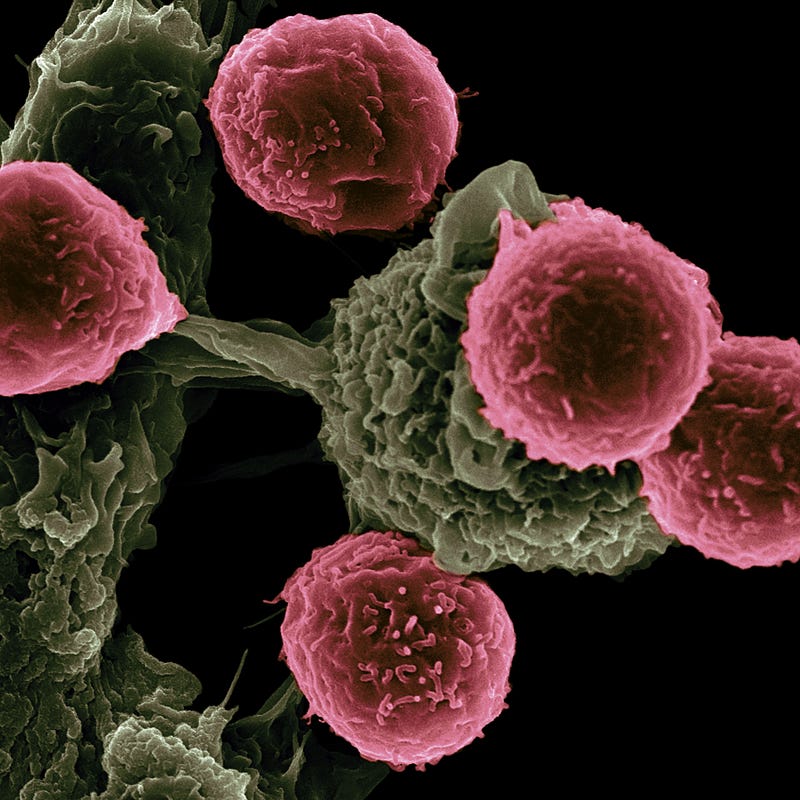Research - How cancer tumor cells can become immortal

Cancer is a complex disease that can be caused by mutations in genes that control cell growth and division. When these mutations occur in a cell, it can become cancerous and start to grow uncontrollably. One of the characteristics of cancer cells is their ability to divide indefinitely, which is known as immortality.
The process by which cancer cells become immortal is a fascinating area of research, and several mechanisms contribute to this process. One of the key mechanisms is the activation of an enzyme called telomerase.
Normal cells in our body have a limited lifespan and can only divide a certain number of times before they stop. This is due to the presence of structures called telomeres, which are located at the ends of chromosomes. Telomeres protect the ends of chromosomes from damage during cell division, but they get shorter with each cell division. Eventually, telomeres become so short that they can no longer protect the chromosome, and the cell stops dividing.
In cancer cells, however, the enzyme telomerase is activated, which adds new telomeres to the ends of chromosomes. This allows cancer cells to continue dividing indefinitely, even after the original telomeres have been worn down. This is one of how cancer cells become immortal.
In addition to telomerase, other mechanisms can contribute to the immortalization of cancer cells. For example, mutations in genes that regulate cell division and DNA repair can allow cancer cells to bypass normal cell cycle checkpoints and continue dividing even when there is damage to their DNA.
Understanding how cancer cells become immortal is an important area of research, as it can lead to the development of new treatments that target these mechanisms. By targeting the specific mechanisms that allow cancer cells to become immortal, we may be able to develop more effective treatments that can improve outcomes for cancer patients.
While the research on cancer immortality is still ongoing, the knowledge we have gained so far has already led to the development of new treatments for cancer. For example, some drugs can inhibit telomerase activity, which can slow down the growth of cancer cells. Some drugs target specific mutations in cancer cells, which can disrupt the mechanisms that allow them to become immortal.
In the future, we may be able to develop more targeted and personalized treatments for cancer by understanding the specific mechanisms that contribute to cancer immortality. This could lead to better outcomes for cancer patients, and ultimately, a cure for this devastating disease.

Comments
Post a Comment